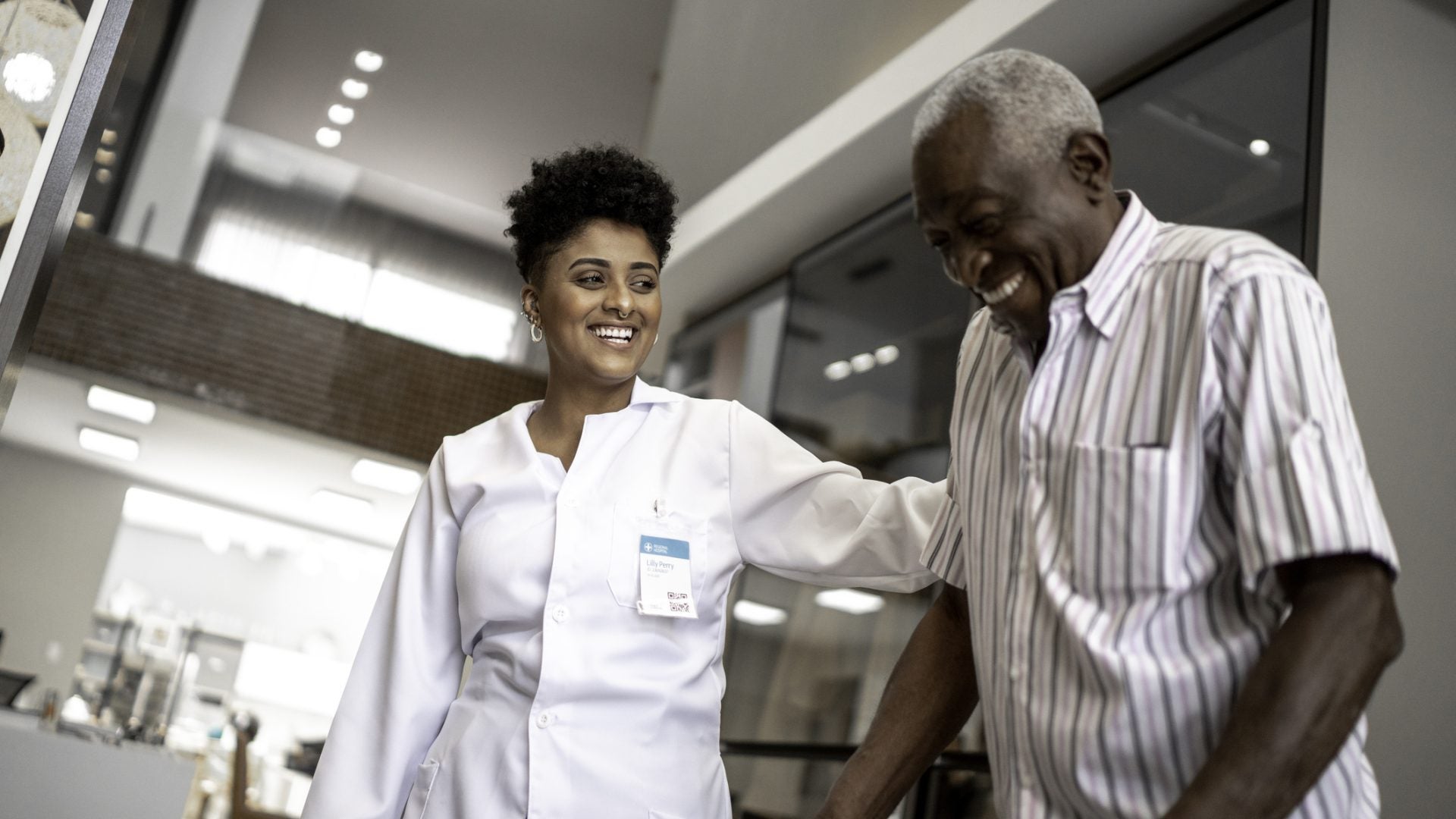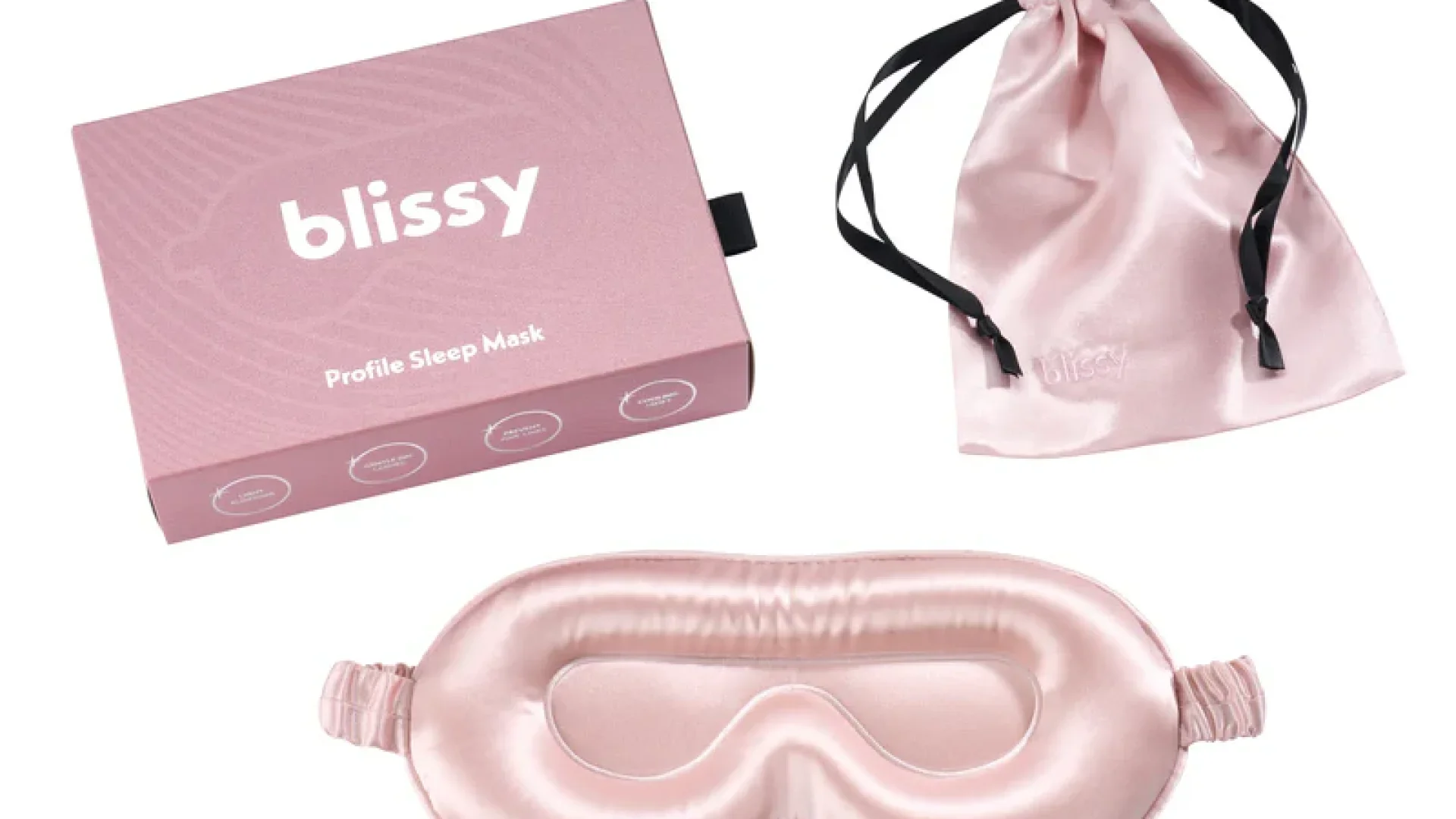
This year, Johnson & Johnson “is sponsoring 15 community wellness events in 13 cities across the country” as part of their “My Health Can’t Wait” initiative.
Originally founded in 2020, “My Health Can’t Wait” is part of the organization’s health equity program aimed at inspiring individuals “to prioritize their health and get the information they need to pursue care with confidence.”
Since then, the initiative has scaled up immensely, including developing community partnerships with organizations such as the African American Male Wellness Agency and the National Urban League, where communities of color can now receive free health screenings.
As Brian Godette, Senior Manager of Diversity, Equity, & Inclusion and Content & Storytelling for Johnson & Johnson said, “Health education is extremely important. It helps empower us as individuals to take control of our futures.”
One of this year’s kickoff events was held in Philadelphia as a Juneteenth Wellness Event. Reverend LeRoy Miles, Senior Pastor at Enon Tabernacle Baptist Church East, which was the host site, said “’My Health Can’t Wait,’ for me, talks about personal responsibility. It talks about why I’m here, why we do this work, and why not only is my family here to get screened but we’re also encouraging church members to come…We’ve learned that once a person gets information, they’re better equipped to make a decision about their health.”
Kellie Terry, Head of Global DEI Strategy and Portfolio Management for Johnson & Johnson and member of Enon Tabernacle Baptist Church, learned about the importance of health screenings firsthand, saying “Several years ago my father was diagnosed with prostate cancer. Programs like this helped us make the right decisions moving forward. I’m proud to say he’s turning 88 this year.”
According to the Mayo Clinic, “[a] significant reason for health disparities is unequal access to health screenings and preventive measures.” This is even more concerning given the risk factors at play—Black people in this country face “a greater risk of developing certain chronic health conditions compared to the rest of the U.S. population. This includes heart disease, high blood pressure, obesity, diabetes and stroke.”
Dr. Samantha Somwaru, who specializes in family medicine, says, “the overall cancer mortality rate is higher for African Americans than for any other race,” adding that “Black women are 40% more likely to die of breast cancer than white women, and prostate cancer deaths in Black men are more than double of other races. The reason why preventive screenings are so important is that they find health conditions before the person develops symptoms.”
Dr. Somwaru continued, “Early detection saves lives. People may think, ‘I feel fine. I’m not going to go in.’ Yet, high cholesterol feels fine until arteries clog. High blood pressure is asymptomatic until it leads to a stroke, heart disease or heart failure.”
“Research shows that the overall rate of cancer screening is lower among Black…populations compared to their White counterparts.” But why? In addition to access issues, which include “reliable transportation, health insurance, health literacy, time off from work and family support,” there is also oftentimes a deep mistrust in the American medical system due to centuries of neglect and abuse. By partnering with community organizations, “My Health Can’t Wait” is trying to reverse this harmful trend within communities of color.
Visit their website to find an event near you.





